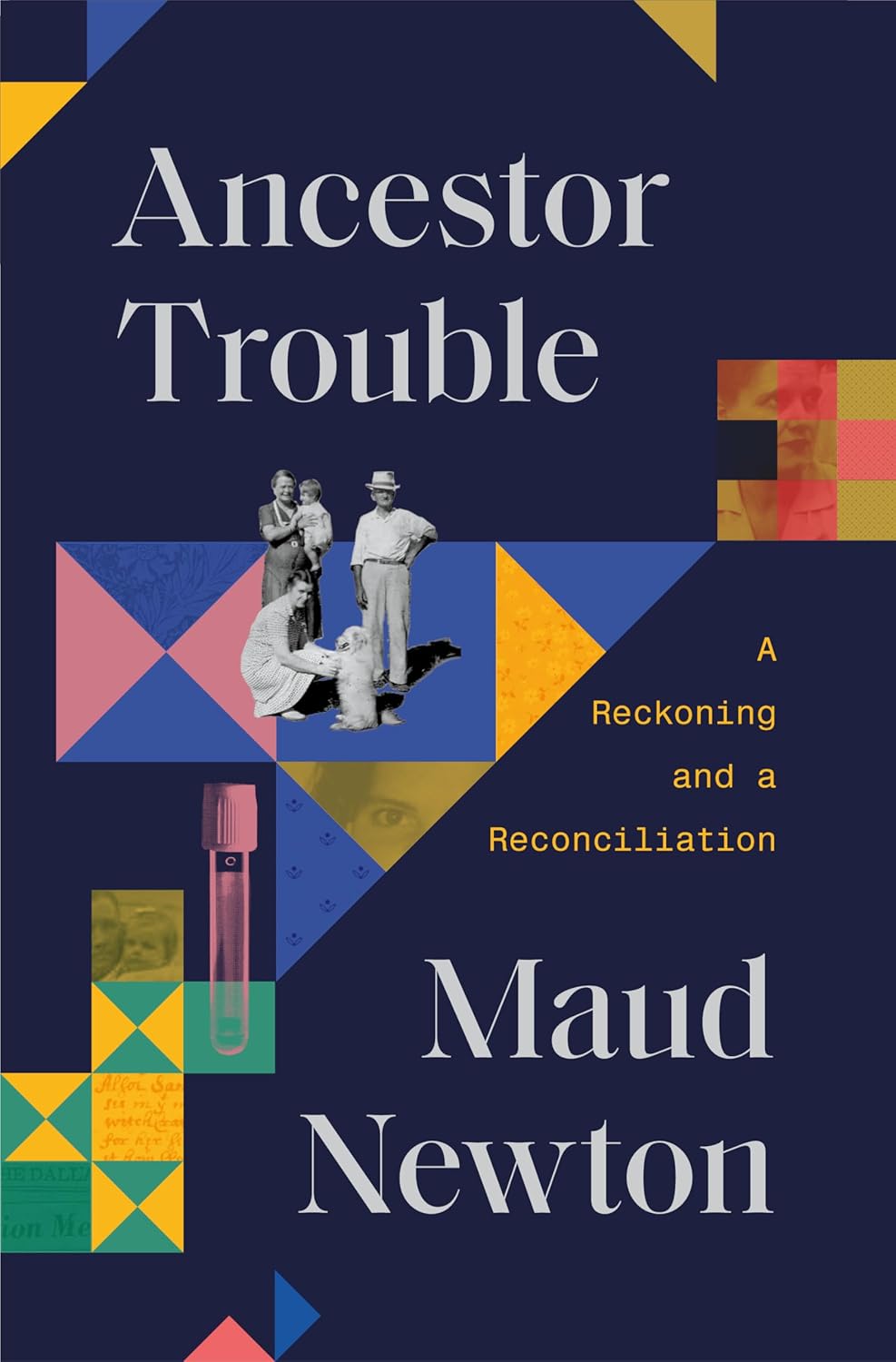Starting in the eighteenth century, genealogical authority increasingly shifted from religious and family figures to government officials who certify births, license marriages, decree divorces, register deaths, and probate wills. Identity documents emerged in tandem with typically spurious theories advanced by practitioners of “race science” and by ethno-nationalists about the ancestral origins of various human populations—one of which persists, shockingly, in the use of “Caucasian” as a synonym for “white.” Legal codes granted and restricted citizenship and civil rights on the basis of ancestry, resulting in the United States’ “one drop” rule, exclusion acts, and immigration quotas tied to “national origins.” A pair of Supreme Court rulings about naturalization played on pseudoscientific associations between ancestry and race. In 1922, the Court determined that the Japanese immigrant Takao Ozawa could not become a U.S. citizen because he was not ancestrally “Caucasian,” and therefore was not white; in 1923, it held that the North Indian immigrant Bhagat Singh Thind—who, according to the race science of the period, was Aryan and thus Caucasian—could not naturalize, either, because he didn’t look “white.”
Today, geneticists have emerged as authorities on ancestry, replacing “blood” with DNA. Even before the word “gene” was coined—sharing a Greek root with “genealogy”—to describe the biological units of heredity, Francis Galton came up with the term “eugenics” to promote human improvement by means of selective breeding. It’s hard to overstate the international appeal of eugenics in the early twentieth century, including among progressive intellectuals. Eugenic policies deployed ancestry in violent new ways; a Virginia sterilization law was upheld by the Supreme Court in 1927, when Oliver Wendell Holmes, Jr., made the notorious pronouncement that “three generations of imbeciles are enough.” (It was his father, incidentally, who originated the phrase “Boston Brahmin,” to describe the city’s hereditary élite.) American eugenicists inspired the architects of Nazi race laws, which triggered what must be the largest mass uptake of genealogical research in history, by requiring the vast majority of Germans to produce “ancestor passes” to prove Aryan descent. Another term sharing the familiar root was coined in 1943 to describe what happened to Jews and others who couldn’t comply: “genocide.”
Each way that humans have conceived of ancestry has been layered onto others. Genealogies record spiritual and social priorities rooted in origin stories. Family and citizenship law codifies privileges and exclusions based on lineage. Today’s addictive Web sites and sleekly packaged DNA kits rest on deep, if not always acknowledged, assumptions about the fixity of status, race, ethnicity, and nationality. Ancestry doesn’t simply have power, in the emotional and psychological respects that Newton describes; in critical ways, it is an instrument of power.
